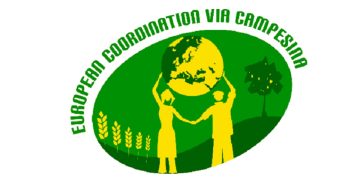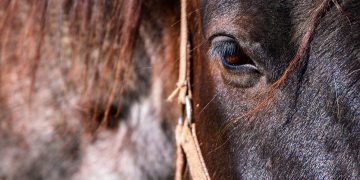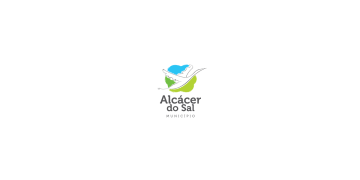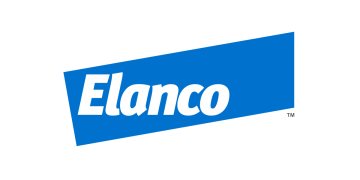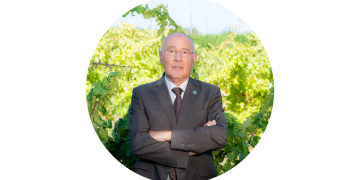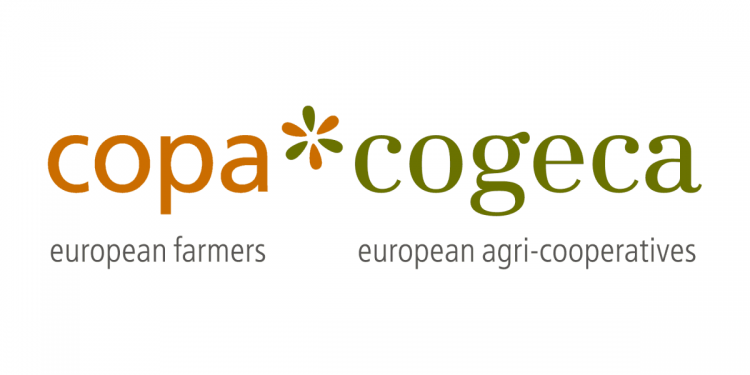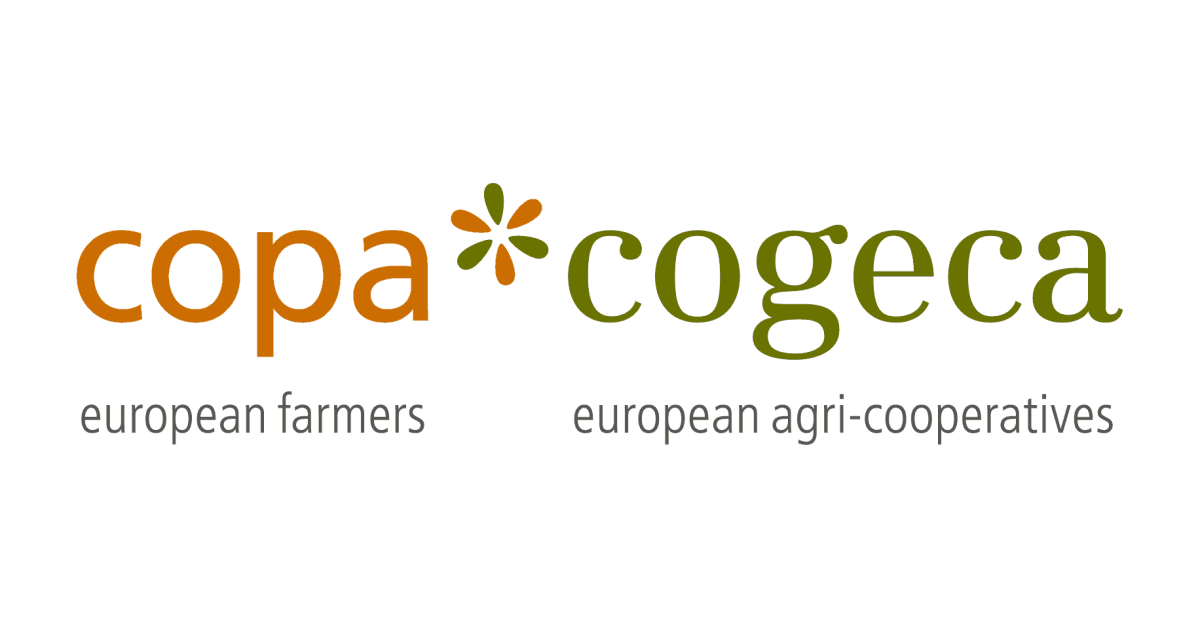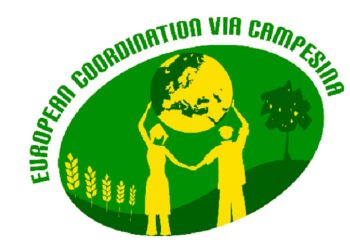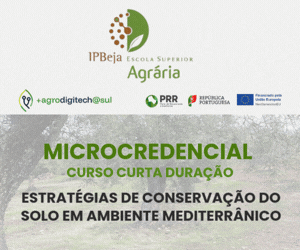On July 1st, the Court of Justice of the European Union (CJEU) will hold a crucial hearing in Case C‑262/23 P, challenging the European Commission’s 2020 decision to withdraw mancozeb, a fungicide crucial to managing potato late blight. This ruling could open the door for mancozeb to be re-approved and made available to European growers. The case will be closely followed by farmers and their cooperatives across Europe.
The legal challenge centres on the fact that the European Commission’s decision did not consider the updated guidelines for classification issued by the European Chemicals Agency (ECHA), which could significantly affect the assessment of mancozeb’s reprotoxic classification. The withdrawal was based on outdated criteria that failed to reflect current scientific understanding.
This hearing comes amid a worsening late blight crisis across the EU. Infections are now appearing earlier in the season, even before planting is completed in some regions, with new, aggressive pathogen strains outpacing both crop breeding efforts and fungicide solutions available.
Mancozeb, a cost-effective, multi-site fungicide with proven value in resistance management, has long been a cornerstone of integrated pest management (IPM) in European potato production. Its 2020 withdrawal left many growers without viable alternatives at a time when climate volatility and pathogen evolution are intensifying disease pressure. Existing fungicides, which are mainly single-site products, are losing effectiveness, and several active substances are under renewed regulatory scrutiny.
The sector has made continued investment in sustainable solutions, such as the 2024 Action Plan launched by Copa and Cogeca to strengthen IPM, accelerate the use of resistant varieties, and improve value chain coordination. Despite this, field conditions remain of increasing concern.
This hearing is therefore more than a legal formality. It is a critical test of the EU’s ability to ground regulatory decisions in up-to-date scientific guidelines and real-world agricultural needs. Copa and Cogeca urge EU institutions to ensure farmers retain access to effective tools while maintaining the Union’s high standards for health, safety, and sustainability.
Fonte: Copa Cogeca


